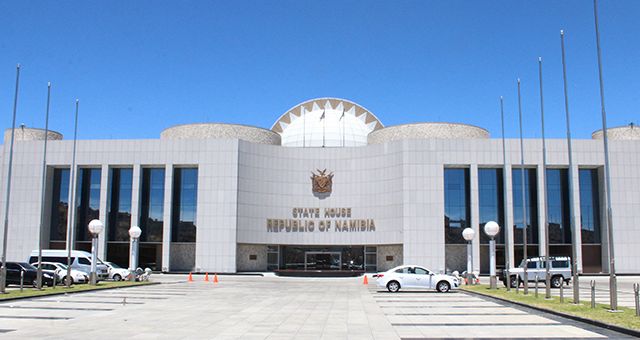THE Cheetah Conservation Fund (CCF) has been named as one of three finalists for the St Andrews Prize for the Environment, an initiative by the University of St Andrews in Scotland and international energy company ConocoPhillips.
The selection committee is recognising CCF’s Bush Project, which strives to restore bush-encroached farmland and wildlife habitat by finding large-scale alternative uses for the invasive woody bush. Bushblok, for example, converts invasive, habitat-destroying bush into a clean- burning fuel log. Clearing invasive bush helps restore Namibian savannah to its original state and improve the habitat for both the cheetah and its prey. Plans are underway to use the bush as biomass to power electric plants to help energy-dependent Namibia manufacture its own electricity. Dr Bruce Brewer, general manager of CCF and manager of Bushblok, will represent the CCF at a seminar at St Andrews in early May to present the Bush Project to the judges, while Dr Laurie Marker, Executive Director of CCF, tours and lectures in Europe and the US. During the seminar, one of the three finalists will be chosen to receive a US$75 000 prize. The two remaining finalists each receive US$25 000. The St Andrews Prize recognises significant contributions to environmental conservation and since its launch in 1998 has attracted entries from more than 50 countries each year.Submissions for the annual prize are assessed by a panel of trustees representing science, industry and government, with the award going to the project the trustees believe displays the best combination of good science, economic realism and political acceptability.CCF is a Namibian non-profit trust dedicated to the long-term survival of the cheetah and its ecosystems.Since 1990, the organisation has developed education and conservation programmes based on its cheetah research studies, has published scientific research papers and has presented educational programmes to more than 250 000 schoolchildren.It has donated more than 350 Anatolian livestock guarding dogs to commercial and communal farmers as part of its innovative non-lethal livestock management programme, and has established a cheetah genome resource bank of cheetah sperm, tissue and blood samples.Research into cheetah biology and ecology has greatly increased the fund’s understanding of the fastest land animal and education programmes for schools and the farming community help change public attitudes to allow predators and humans to co-exist. However, despite the many successes of CCF programmes, the cheetah is still Africa’s most endangered big cat.
Stay informed with The Namibian – your source for credible journalism. Get in-depth reporting and opinions for
only N$85 a month. Invest in journalism, invest in democracy –
Subscribe Now!










